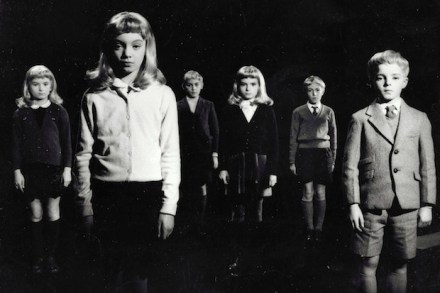Steve Punt’s diary: Britain is now living in a middle-class parody of itself
One of the most dispiriting experiences currently available is any commercial break during a televised football match. In a Champions League game, within seconds of the half-time whistle you are pitched into a garish carnival of crap which glaringly and proudly condenses Everything Wrong With Modern Britain into three bombastic minutes, beginning with the laughably pompous Champions League choral theme and then going downhill from there. Adverts follow for gambling, drinking, and borrowing money, along with violent computer games and cars. A multi-millionaire actor will exhort recession-hit viewers to bet on the next goal, via a handy app. Glossy couples and sexy croupiers make online cash-fleecing look like a James
















